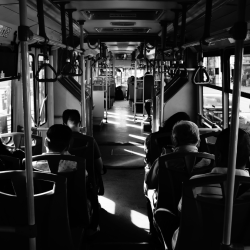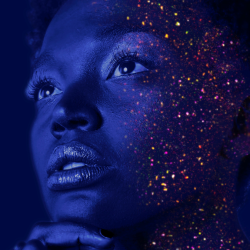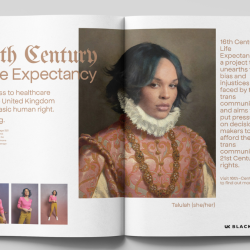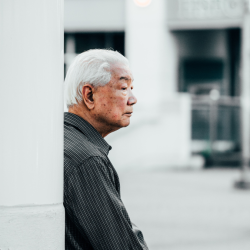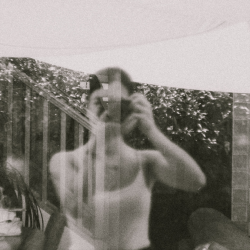Over the Easter weekend I had the pleasure of visiting the Regina exhibition by Gabriel Moses and the Broken Spectre exhibition by Richard Mosse at 180 Studios. Both are powerful exhibitions that challenge our perspectives of the who, what, where, when, how and why we believe what we do. Moses’ work had a sense of familiarity, with beautiful Black African bodies photographed as cowboys and ballet dancers, reminiscent of the poses captured in the old family photos of my parents and their relatives in their ancestral home countries. In contrast, Mosse’s work was raw and confronting, using perspective and colour to reveal (and remind us of?) the extractive and colonial relationship between humans and anything that is deemed to be ‘other’. Through his film, Broken Spectre, Mosse presented the viewer with the harsh reality of our impact on the destruction of the Amazon. After seeing viewers walk out in disgust I was inspired to explore the inflection points of our global history that affected my ancestors, leading me to be in a position to write this article.
Let me also clarify that whilst I believe that we should be able to leave places and spaces, especially if we feel psychologically unsafe, I also worry that our inability to sit with (or even lean in to) the uncomfortable has become a default mode for many, and that is one of the reasons why we are in an ‘Age of Discontent‘.
Our tendency to spin on our heels and run, or get defensive when something is uncomfortable or to ask ‘is it necessary to show [XYZ] in so much detail?’ is symptomatic of a deeper problem
Our failure to recognise our role and responsibility in creating and maintaining the discomfort. Subconsciously fearing that if we look too hard it will reveal uncomfortable truths about who we are and what we have done (consciously or subconsciously). And, in some instances we actually apportion blame elsewhere, increasingly on technology. We often believe that technology is meant to improve our lives and make everything more efficient, leading us to expect perfection, punctuality, and easy answers, without having to put in much effort, or make sacrifices.
This pursuit often stems from a sense of entitlement that is linked to various factors, such as our gender, ethnicity, nationality, or even social standing. The focus becomes on what ‘I‘ want and need. How can we break free from the cycle of discontentment if we constantly rely on external factors for our happiness and avoid confronting the painful realities of lived experiences?
Facing up to the uncomfortable truths and acknowledging our role and responsibility in creating and maintaining them is a first logical but uncomfortable step in moving us from a state of surviving to thriving, and from inclusion to belonging. It’s also a starting point for growth and systemic innovation. As we confront the uncomfortable truths about ourselves and our impact on the world, we have the opportunity to choose a different path. This requires acknowledging our role and responsibility in creating and maintaining the cycle of discontentment.
For business leaders, this means committing to change and creating safe spaces for employees to confront biases and challenge the status quo. It means investing in sustainable practices that prioritise people and the planet over profit. It means moving away from a mindset of entitlement and towards one of accountability and collaboration. While it won’t be easy, it’s necessary for the survival and success of businesses in the long term.
By embracing discomfort and chaos, we can create positive change and build a better future by all for all. By doing so, we can transform ‘the Age of Discontent‘ into one of growth, innovation, and collective well-being.
Featured image: Richard Mosse’s enclave

























